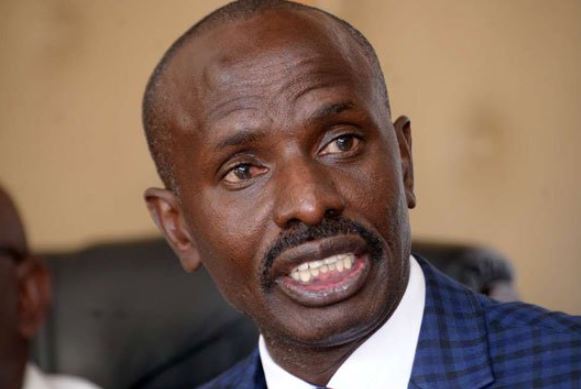×
The Standard e-Paper
Stay Informed, Even Offline

It has now emerged that the giant teachers' union is opposed to the new curriculum out of fear that it will water down the role of teachers.
But the brief by Kenya National Union of Teachers (Knut) that reveals the real reason for their rejection of the Competency Based Curriculum (CBC) emerges even as Parliament approved Sh2.4 billion for implementation of the new system.